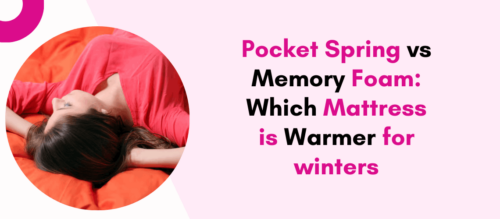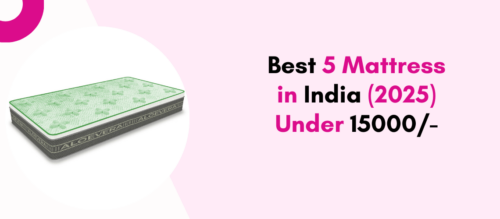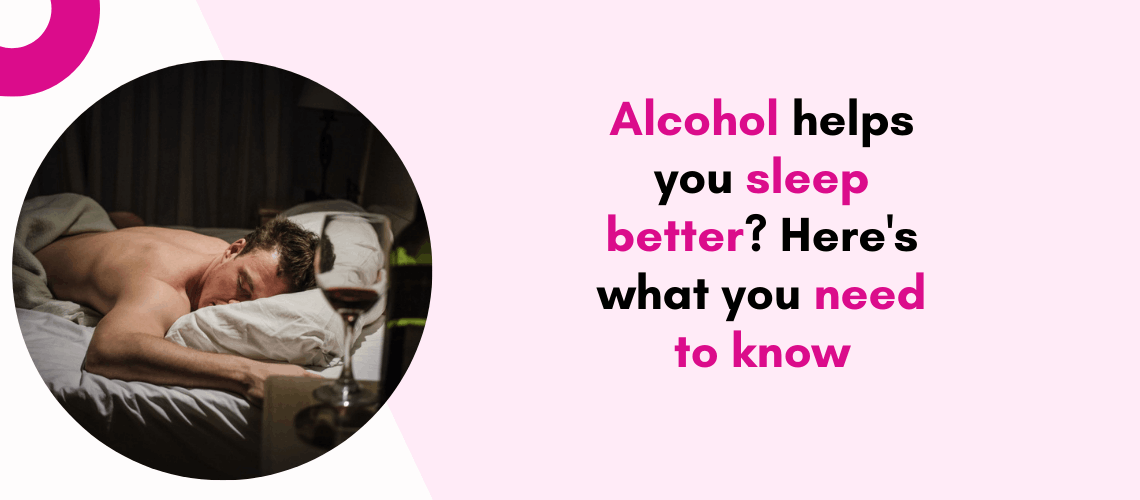

Coirfit
Alcohol helps you sleep better? Here’s what you need to know
- ,
- , sleep
Sleep is essential for our overall health and well-being, yet many of us struggle to get the quality rest we need. In search of a quick fix, some people turn to alcohol, believing it can help them fall asleep faster and sleep more soundly. But is this belief based on fact or myth? In this blog post, we’ll dive deep into the relationship between alcohol and sleep, drawing insights from Episode 1 of India’s first sleep podcast, “The Real Truth About Sleep,” hosted by Coirfit Mattress. We’ll explore how alcohol affects your sleep cycle, the science behind it, and healthier alternatives for achieving a good night’s sleep.
The Initial Appeal of Alcohol for Sleep
It’s not uncommon for people to have a nightcap before bed. Alcohol is a central nervous system depressant, which means it can induce relaxation and drowsiness, helping you fall asleep more quickly. This initial effect is what often leads people to believe that alcohol is an effective sleep aid. However, while it may help you drift off, the overall impact of alcohol on sleep quality is far from beneficial.
The Science Behind Alcohol and Sleep
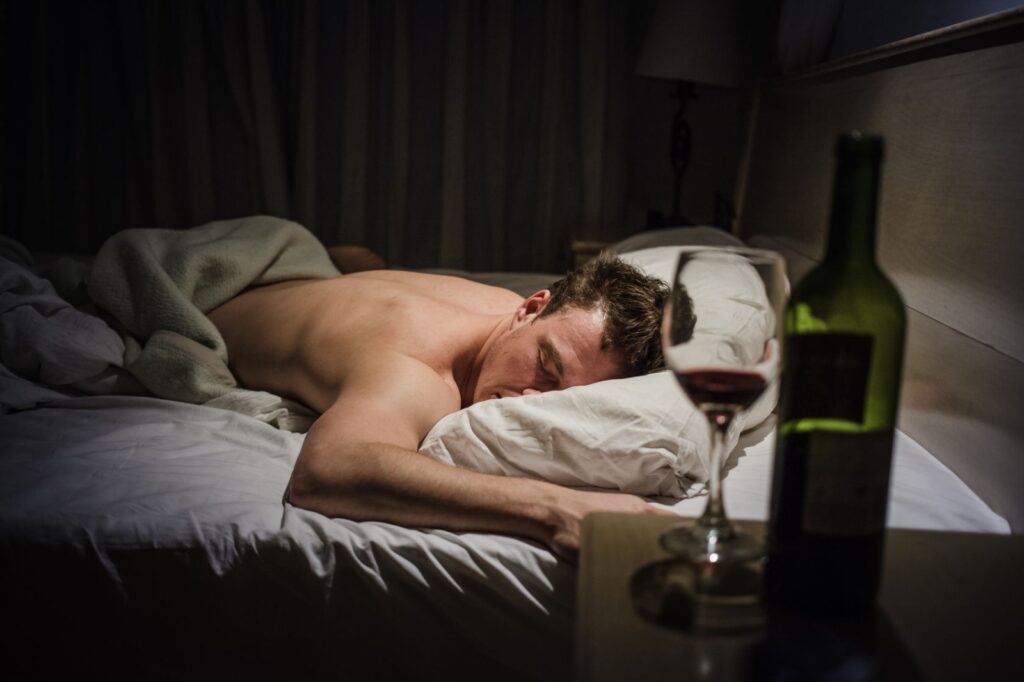
To understand how alcohol affects sleep, it’s important to consider the different stages of the sleep cycle. Sleep is divided into Rapid Eye Movement (REM) sleep and Non-REM sleep, with Non-REM sleep further divided into three stages. Each stage plays a crucial role in maintaining our health, cognitive function, and emotional well-being.
Stage 1 (N1)
This is the lightest stage of sleep, where you transition from wakefulness to sleep.
Stage 2 (N2)
This stage involves deeper sleep, characterized by slower brain waves with occasional bursts of rapid brain activity.
Stage 3 (N3)
Also known as deep sleep or slow-wave sleep, this stage is crucial for physical restoration and immune function.
REM Sleep
This stage is where dreaming occurs and is vital for memory consolidation, learning, and emotional regulation.
Alcohol disrupts these stages, particularly REM sleep. While you may fall asleep faster after drinking, alcohol reduces the overall amount of REM sleep you get. This can result in fragmented, lower-quality sleep, leaving you feeling tired and unrefreshed the next day.
Insights from “Sleep Talk With Coirfit” Podcast
In Episode 1 of “Sleep Talk With Coirfit,” the host delves into the common misconceptions about alcohol and sleep. The podcast emphasizes that while alcohol may initially act as a sedative, it significantly interferes with the sleep cycle as the night progresses. The body metabolizes alcohol relatively quickly, leading to a rebound effect that can cause you to wake up frequently during the night. This disruption is particularly pronounced during the second half of the sleep cycle, when the body is trying to enter REM sleep.
The podcast also highlights that regular use of alcohol as a sleep aid can lead to tolerance, requiring more alcohol to achieve the same sedative effect. This not only exacerbates sleep disturbances but also increases the risk of alcohol dependency.
The Negative Impact on Sleep Quality
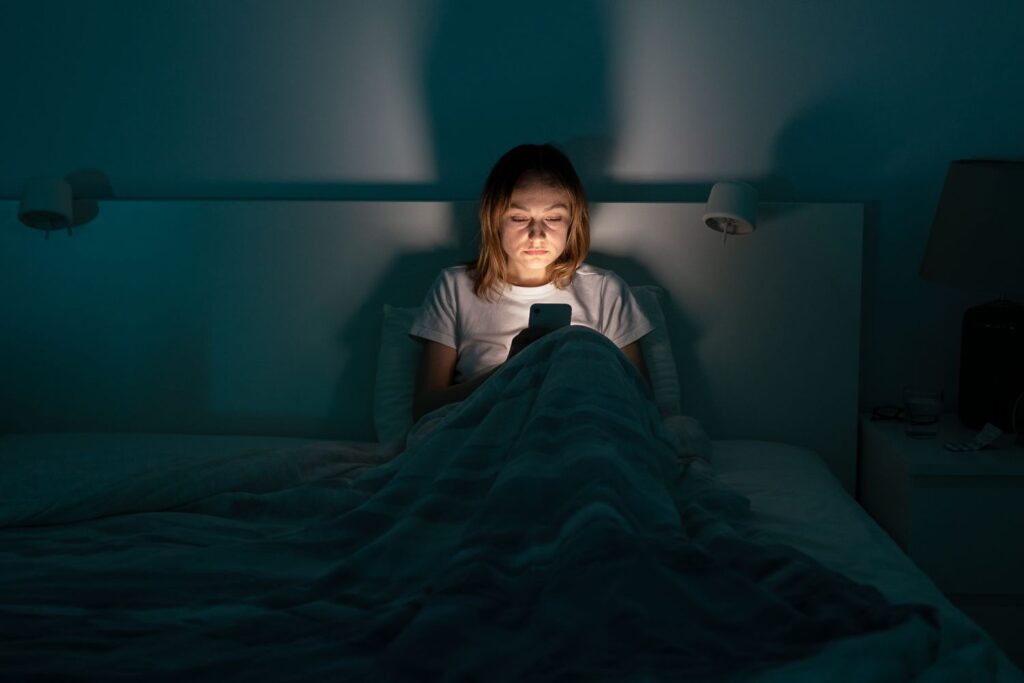
The consequences of disrupted sleep due to alcohol are numerous and far-reaching:
Reduced Cognitive Function
Lack of REM sleep impairs memory consolidation, problem-solving skills, and critical thinking.
Emotional Instability
Poor sleep can lead to irritability, mood swings, and increased susceptibility to stress and anxiety.
Physical Health Issues
Chronic sleep deprivation is linked to a higher risk of obesity, cardiovascular disease, diabetes, and weakened immune function.
Daytime Fatigue
Even if you sleep for a full eight hours, the fragmented nature of alcohol-induced sleep can leave you feeling exhausted and unrefreshed.
Healthier Alternatives for Better Sleep
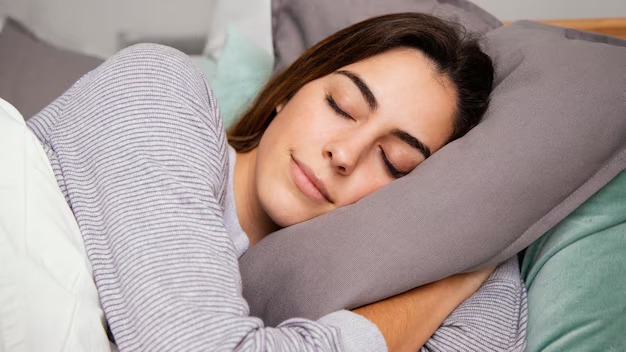
Given the drawbacks of using alcohol as a sleep aid, it’s important to explore healthier alternatives that promote natural, restorative sleep:
Establish a Bedtime Routine
Create a consistent pre-sleep routine that signals your body it’s time to wind down. This could include activities like reading, taking a warm bath, or practicing relaxation techniques such as deep breathing or meditation.
Create a Sleep-Conducive Environment
Ensure your bedroom is cool, dark, and quiet. Invest in a comfortable mattress and pillows, like those offered by Coirfit Mattress, to support your body and enhance sleep quality.
Limit Stimulants
Avoid caffeine and nicotine in the hours leading up to bedtime. Both are stimulants that can interfere with your ability to fall and stay asleep.
Watch Your Diet
Avoid heavy, rich meals before bed. Opt for light snacks if you’re hungry, and try foods that promote sleep, such as those rich in magnesium and tryptophan.
Exercise Regularly
Regular physical activity can help you fall asleep faster and enjoy deeper sleep. However, try to finish exercising at least a few hours before bedtime.
Manage Stress
Stress and anxiety are common culprits of sleep disturbances. Practice stress management techniques such as mindfulness, journaling, or talking to a therapist if needed.
Conclusion
While the idea that alcohol helps you sleep better is a common misconception, the reality is that it can significantly disrupt your sleep cycle and negatively impact your overall health. As highlighted in Episode 1 of “Sleep Talk With Coirfit” podcast, it’s crucial to understand the science behind alcohol and sleep to make informed decisions about your nighttime habits. By adopting healthier sleep practices and creating a sleep-friendly environment, you can achieve the restorative rest your body needs without relying on alcohol. For more insights and tips on achieving better sleep, be sure to tune in to the “Sleep Talk With Coirfit” podcast and explore the range of sleep-enhancing products available at Coirfit Mattress.
By focusing on these healthier alternatives, you can enjoy the benefits of quality sleep and wake up feeling refreshed and ready to take on the day. Sweet dreams!
For more information and to browse our collection, visit Coirfit Mattress.
To reach out to Coirfit Mattress, email us at [email protected] or call us on +91-9837058451.
Let’s stay in touch-
Facebook- https://www.facebook.com/coirfitmattresses/
Instagram- https://www.instagram.com/coirfitmattress/
Youtube- https://www.youtube.com/c/COIRFITMATTRESSES
Know more about Coirfit Updates and Sleep Tips, Binge on-



